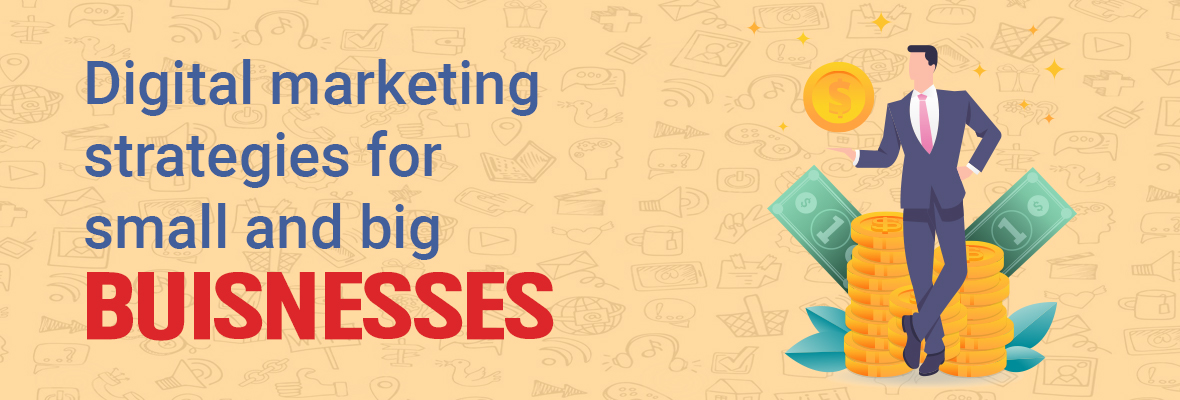
Digital marketing strategies for small and big businesses
Category: Business Research|Business Resources|Business Strategies|Digital Marketing|Strategies
There are some basic differences between small and big businesses that dictate the way they conduct themselves. Understandably then their marketing strategies are bound to be different too.
In this blog post we are discussing some of the main differences in the marketing strategies employed by small and big businesses so that you as a small business owner can figure out what strategies will work best for you.
Let us take a look at some of the main differences between small and big businesses.
Main Differences between Small and Big Businesses
The Budget
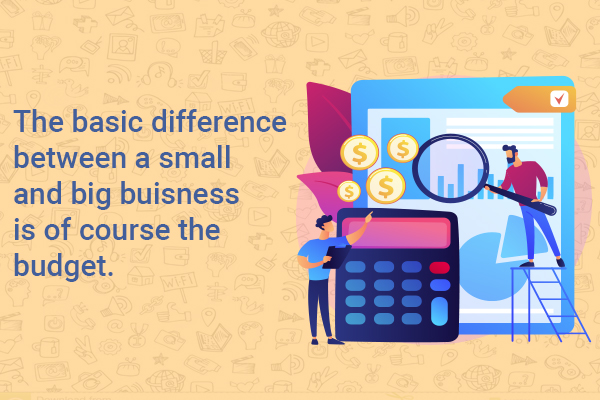
The basic difference between a small and big business is of course the budget.
With a smaller budget your options become somewhat limited. Small businesses, therefore, have to find ways to optimize their spending in a way that means they get the most benefit by spending little.
Big businesses can, therefore, also afford to make more mistakes. There is some room for trial and error.
The Audience
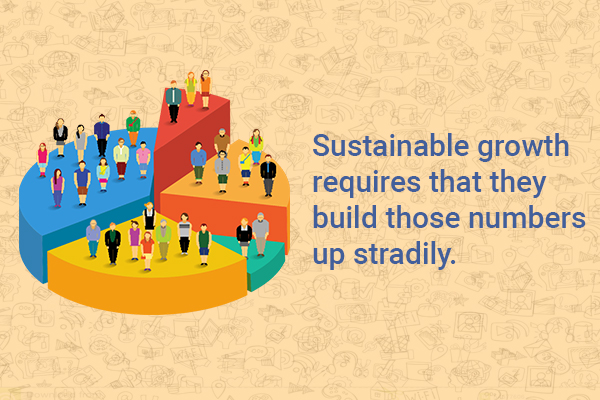
Bigger businesses need greater outreach because they have a bigger capacity. Their advertisements need to reach more people. They can afford to run extensive PPC campaigns and utilize multiple platforms and channels to achieve the results they need.
Smaller businesses aren’t aiming to reach the same kind of numbers. Sustainable growth requires that they build those numbers up steadily.
What small businesses can do about this
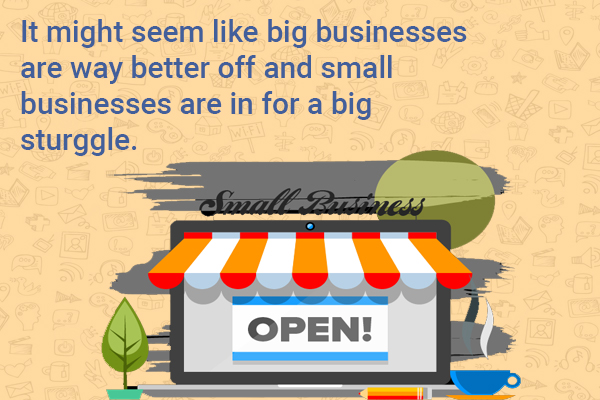
Now that we have gone over the two main differences between small and big businesses, it might seem like big businesses are way better off and small businesses are in for a big struggle.
It is true that running an ad campaign for a small business requires one to think outside the box to efficiently achieve goals. However, there is a lot that is in the small business’s favour as well. For example:
- The charm of being small. As the consumers become more and more inclined towards unique products with an organic, home-made feel to them, a smart small business can use it to their advantage. Instead of hiding it or looking away from it, use this facet of your brand.
- A relationship with the audience. Marketing for small businesses can involve more interaction with the audience because it is also a smaller audience. This opportunity can therefore be used to engage them more directly and if it works out then you will also be able to retain them for longer.
Personalization. With a smaller scale of production, it becomes possible to personalize the shopping experience for your customers beyond just putting the customer’s name in the opening line of the email.
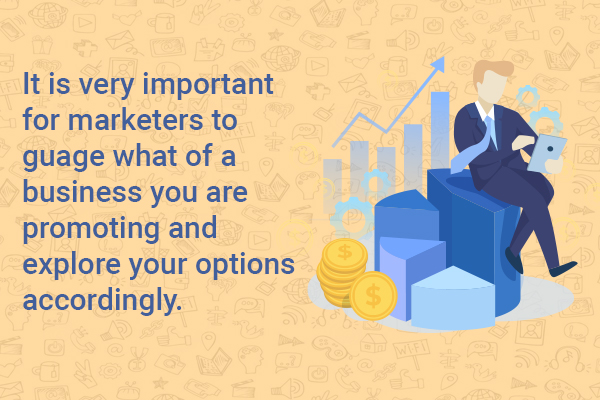
It is very important for marketers to gauge what kind of a business you are promoting and explore your options accordingly. It doesn’t matter too much how much money you have.
Ultimately, these days creativity and originality are appreciated more than anything else. As long as you can put forth a new concept and engage with your audience in an organic way, you will see that there is a lot you can do even on a tight budget.
Read this post




